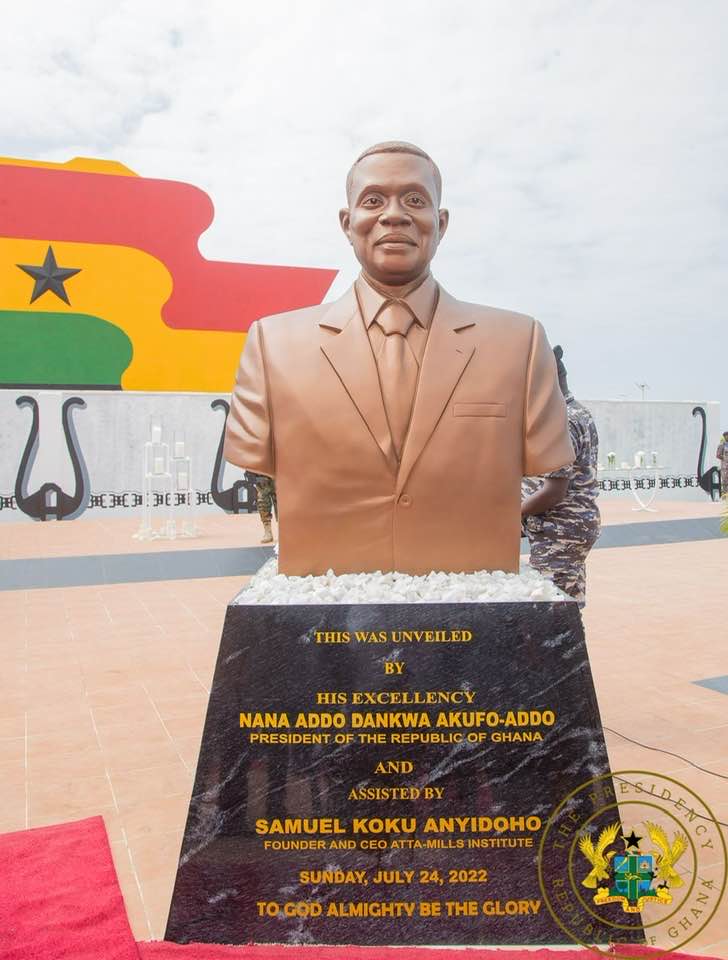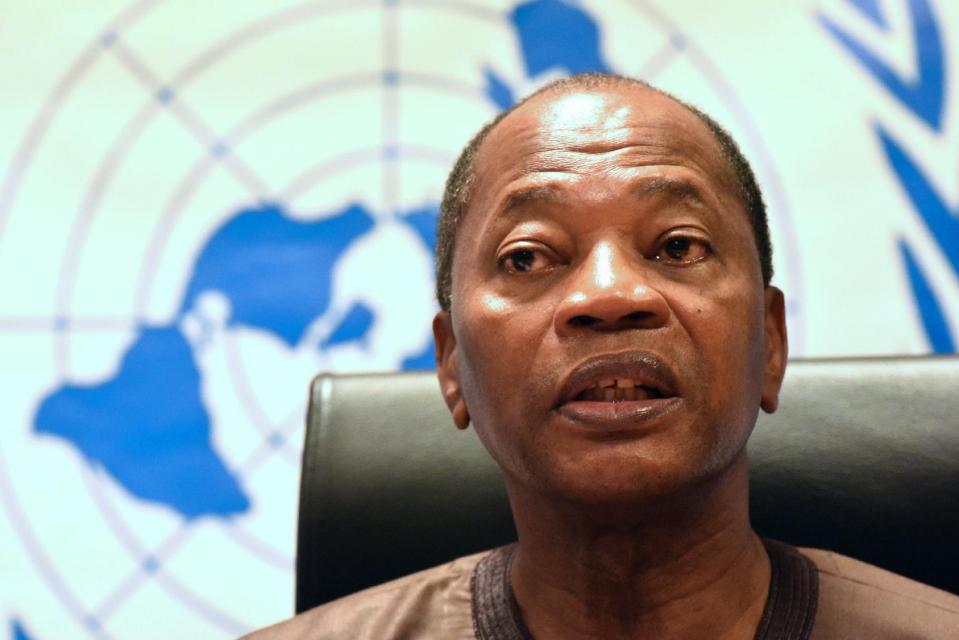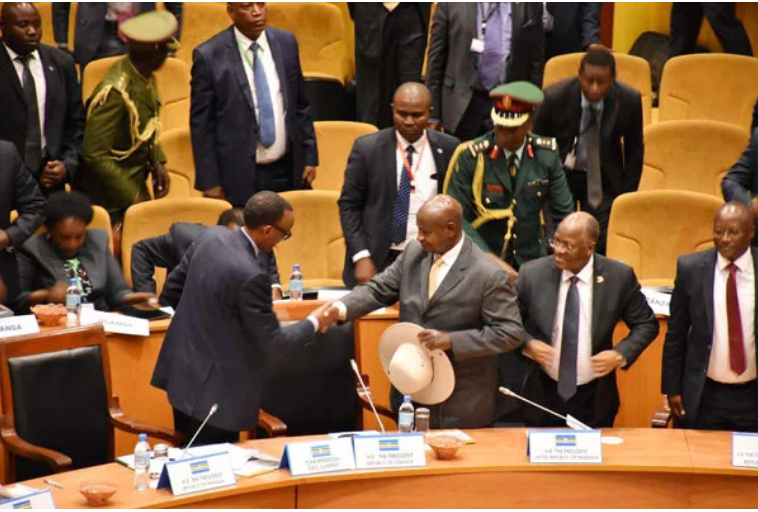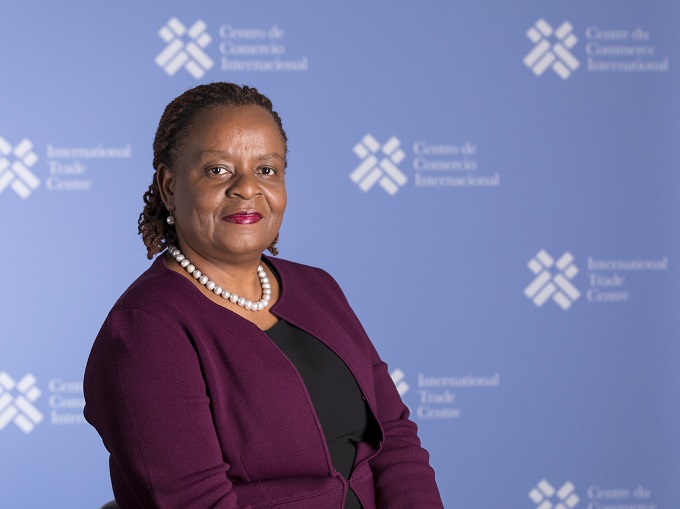Keep the Candle of Freedom Burning in the Congo
April 19, 2016
The U.S. should seize the opportunity to help facilitate the peaceful transfer of power in the Democratic Republic of Congo.
By
Peter Roff*
[caption id="attachment_28068" align="alignleft" width="652"]

Holding the fate of democracy.[/caption]
The history of postcolonial Africa is brimming with tales of greed, avarice, corruption and thuggery that would produce envy in the heart of even the slickest Chicago pol. If it weren't for the poverty, disease, bloodshed, war and death accompanying it, it might even be amusing, like something out of a late Graham Greene novel.
The problem is not intractable as it is seems. It's the lack of resolve among the truly democratic nations of the world that allows it to continue. They pump in billions in aid, the plutocrats steal it, and as long as the special interests on both sides are getting what they want, everyone tries to pretend nothing is going on.
For the world to pay attention, an event typically has to be like the Ethiopian famine, the genocide in Darfur, the Rwandan civil war – extraordinary in its inhumanity and brutality. When the crisis is past, however, we all turn away.
Despite its many democratic successes, Africa is not a continent where people expect to see peaceful transitions of power in countries from one regime to the next. Democratic institutions and constitutions are still undergoing their shakedown cruise in many places, where political successors are trying just as hard to cling to power as their predecessors.
In the Democratic Republic of Congo, President Joseph Kabila is giving every indication he does not plan to leave office at the end of this year but will instead run again for the presidency, in violation of the country's newest constitution.
"A political crisis is building as [Congo] prepares, or rather fails to prepare, for upcoming historic elections scheduled for this November," former Rep. Tom Perriello, now the U.S. Special Envoy for the Great Lakes Region of Africa, told a congressional hearing in February.
Such a move, he said, would undermine the political and economic gains the country has experienced over the past decade. "A confrontation between President Kabila and those demanding timely and credible elections in the country is not inevitable, but it is becoming increasingly probable," he
said.
Kabila's signals that he may resist a peaceful transition is drawing bipartisan attention on Capitol Hill.
In a letter sent Friday to the Congo's ambassador to Washington, Republican Sen. John McCain wrote of his "deep concern at the increasingly repressive political climate and the deterioration of the human rights situation" in the country, a former Belgian colony once known as Zaire.
McCain went on to criticize what he called "a wide-scale campaign to crack down on political dissent and consolidate power," including the expulsion of members of the ruling coalition and the arrest and imprisonment of activists calling for a general strike to protest Kabila's efforts to remain in office. McCain noted "reports from credible rights groups indicate that political opponents are now facing death threats from authorities."
Alongside McCain in this crusade is Democratic Sen. Ed Markey, who wrote to Secretary of State John Kerry in February about the situation in the Congo, saying, "Continued delay and public perceptions that President Kabila is clinging to power have create a very real risk of violent upheaval."
The Congo is no stranger to violence. Kabila came to power after his father, Laurent-Desire Kabila, who led the coalition that ousted Mobuto Sese Seko after a 31-year dictatorial reign and then proclaimed himself president, was assassinated in 2001. The prospect of civil unrest, perhaps even another war if Kabila refuses to abide by the constitution, is quite real.
In his letter to Kerry, Markey outlined three points the United States should "clearly and unequivocally" impress upon Kabila:
- Kabila should immediately, clearly and publicly state he will not remain in power once his term ends this year.
- Provided there is verified, on-the-ground progress toward a free and fair national election this year, including an end to the current efforts to close political space and crack down on peaceful dissent, the U.S. and international partners will help fund the electoral process, and encourage increased private investment.
- If he fails to meet clear benchmarks required to hold a free and fair national election this year, then the U.S. and other partners will implement sanctions. Such sanctions should include targeted visa denials and asset freezes under the Executive Order on the DRC of July 8, 2014, review and reduction of bilateral and multilateral security and economic aid going through the government and discouragement of private investment.
In their letters, both McCain and Markey acknowledge that Kabila has, up to now, helped bring "relative stability" to the Congo after a prolonged period of turmoil. The respect he has earned, they caution separately, could be wiped out if he continues the transition from democrat to dictator by blocking or impeding the upcoming election, continuing to crack down on democracy supporters and standing for a third term in office.
"The United States values its good relationship with the [Congo] and is proud to have provided assistance to your government as you continue to confront ongoing challenges," writes McCain in the penultimate paragraph to his letter. "President Kabila has been instrumental to the [Congo's] path from conflict to relative stability. He now has the opportunity to cement his legacy by setting the country on the successful path towards democracy and prosperity that future generations of Congolese and the world will long celebrate."
There are those within the Washington policymaking community who will no doubt say, "It's Africa – who cares? What is America's compelling strategic interest in what happens in Congo?" The answer is freedom, for all mankind – an idea that has animated this nation since its founding. We long ago determined that the men and women who inhabit this small planet have an inalienable right to be free that comes to us from the Creator. Our size and economic and cultural power give America a unique opportunity -- some would even call it a responsibility -- to spread that belief far and wide, not just through Africa but through Asia, Central and South America and the Middle East. It may not be our job to topple every tinhorn dictator who plans his flag on a plot of land. But it is our job to keep freedom's light burning on the highest hill so that all can see it and embrace its glow.
*Source
USNEWS































